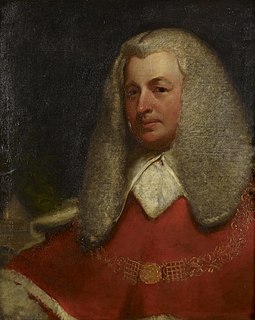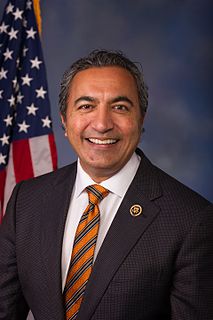A Quote by Cesare Beccaria
The laws receive their force and authority from an oath of fidelity, either tacit or expressed, which living subjects have sworn to their sovereign, in order to restrain the intestine fermentation of the private interest of individuals.
Related Quotes
Of crimes injurious to the persons of private subjects, the most principal and important is the offense of taking away that life, which is the immediate gift of the great creator; and which therefore no man can be entitled to deprive himself or another of, but in some manner either expressly commanded in, or evidently deducible from, those laws which the creator has given us; the divine laws, I mean, of either nature or revelation.
The members of a body-politic call it "the state" when it is passive, "the sovereign" when it is active, and a "power" when they compare it with others of its kind. Collectively they use the title "people," and they refer to one another individually as "citizens" when speaking of their participation in the authority of the sovereign, and as "subjects" when speaking of their subordination to the laws of the state.
Self-confidence is inseparable from submission to the creedal order, and through that order, to the supreme authority expressed in that order. ... Deep individualism cannot exist except in relation to the highest authority. No inner discipline can operate without a charismatic institution, nor can such an institution survive without that supreme authority from a relation to whom self-confidence derives. Without an authority deeply installed, there is no foundation for individuality. Self-confidence thus expresses submission to supreme authority.
Let it not, therefore, be said that the Sovereign is not subject to the laws of his State; since the contrary is a true proposition of the right of nations, which flattery has sometimes attacked but good princes have always defended as the tutelary divinity of their dominions. How much more legitimate is it to say with the wise Plato, that the perfect felicity of a kingdom consists in the obedience of subjects to their prince, and of the prince to the laws, and in the laws being just and constantly directed to the public good!
Now to avoid any collision of armed forces, and perhaps the loss of life, I do this under protest and impelled by said force yield my authority until such time as the Government of the United States shall, upon facts being presented to it, undo the action of its representatives and reinstate me in the authority which I claim as the Constitutional Sovereign of the Hawaiian Islands.
Those laws, being forged for universal application, are in perpetual conflict with personal interest, just as personal interest is always in contradiction with the general interest. Good for society, our laws are very bad for the individuals whereof it is composed; for, if they one time protect the individual, they hinder, trouble, fetter him for three quarters of his life.
It is the interest of every man to live as much at his ease as he can; and if his emoluments are to be precisely the same, whether he does or does not perform some very laborious duty, it is certainly his interest, at least as interest is vulgarly understood, either to neglect it altogether, or, if he is subject to some authority which will not suffer him to do this, to perform it in as careless and slovenly a manner as that authority will permit.
For Christians above all men are forbidden to correct the stumblings of sinners by force...it is necessary to make a man better not by force but by persuasion. We neither have authority granted us by law to restrain sinners, nor, if it were, should we know how to use it, since God gives the crown to those who are kept from evil, not by force, but by choice.

































